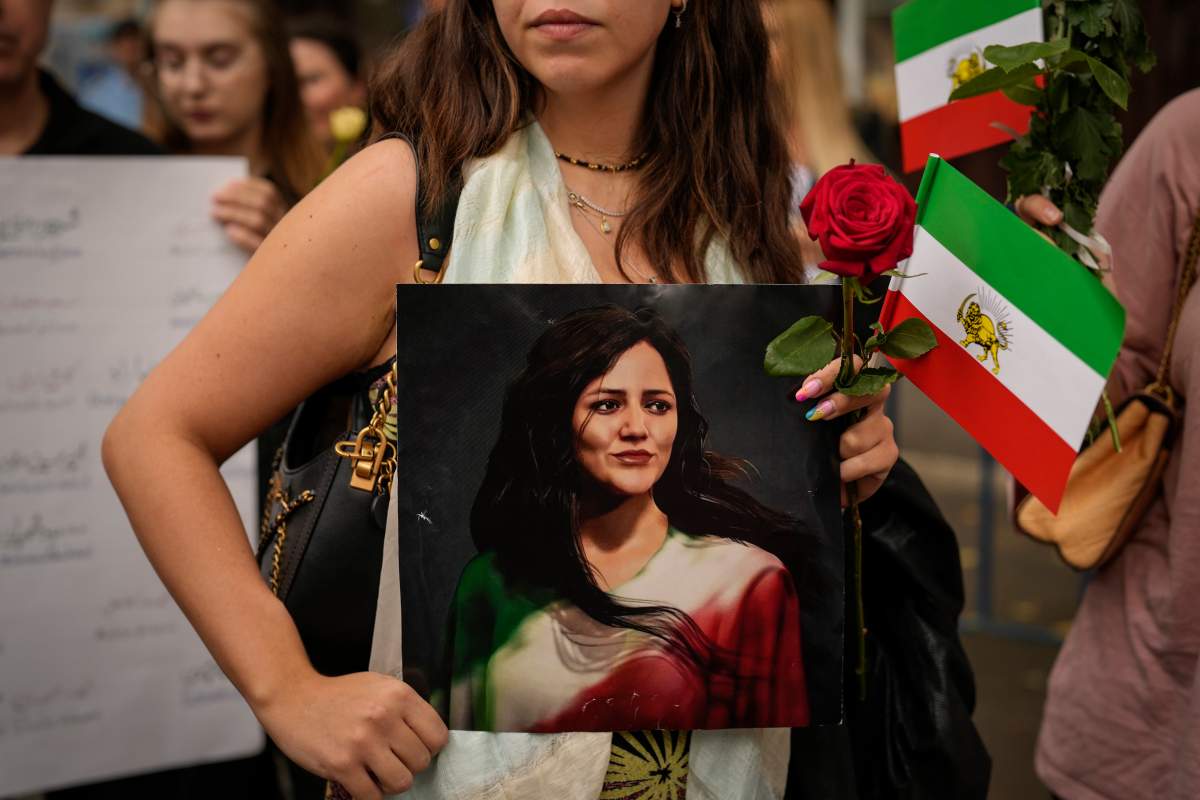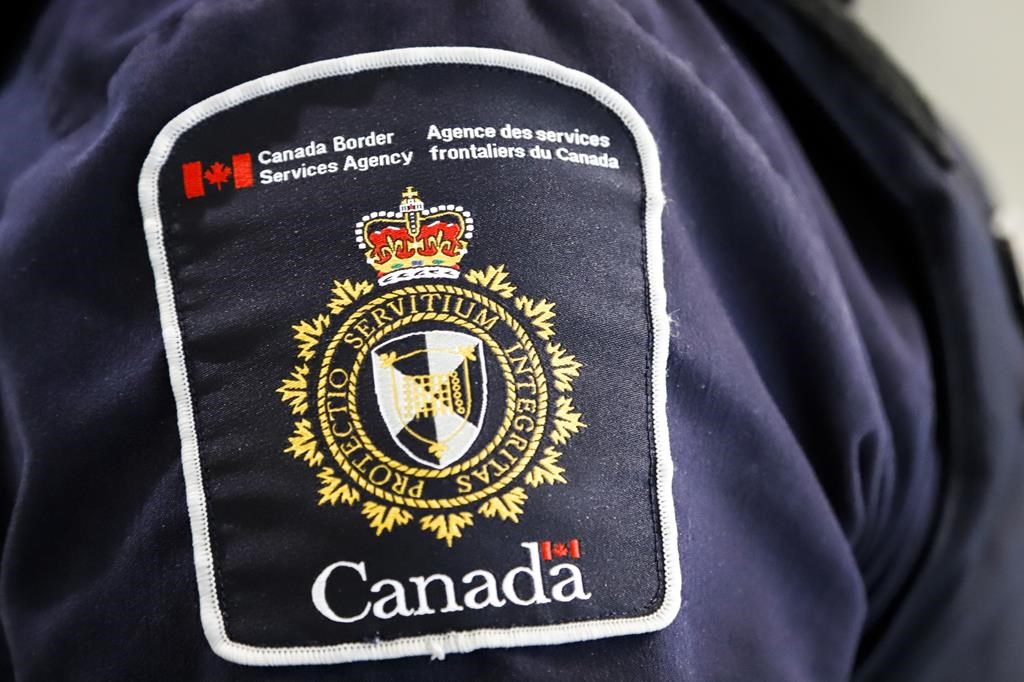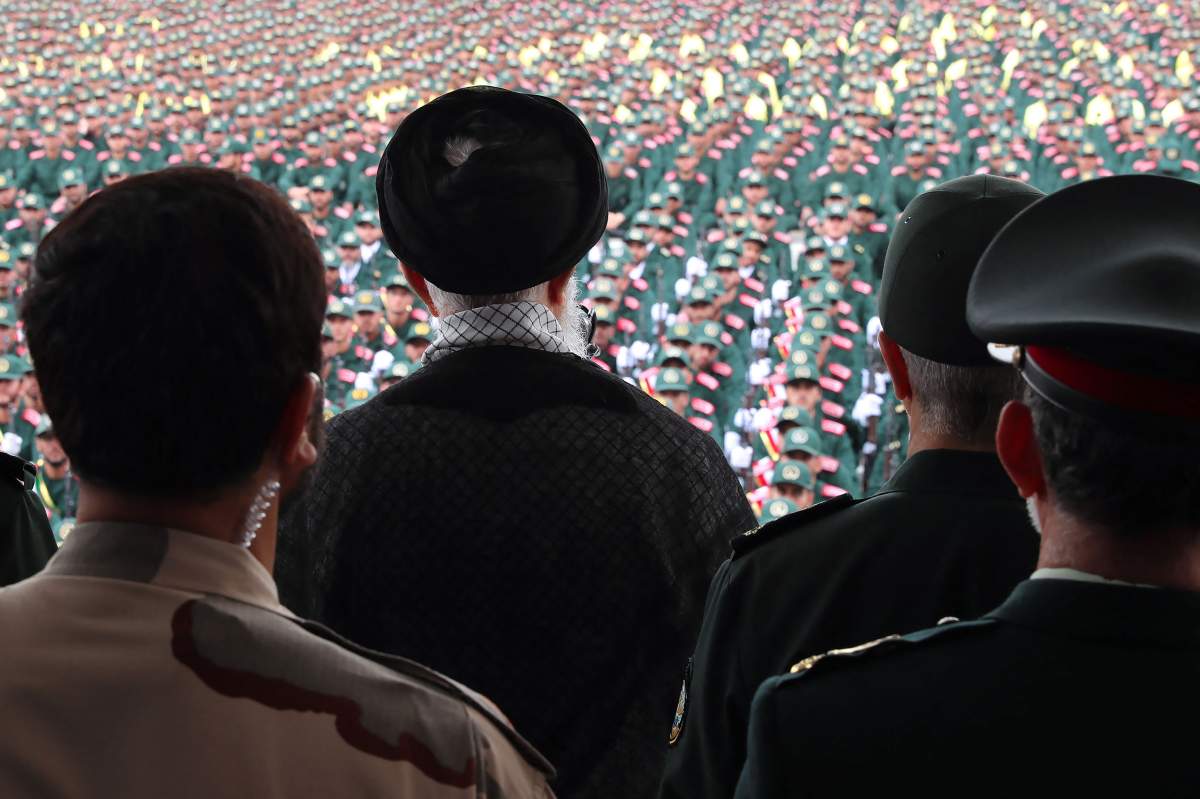A second alleged senior Iranian official found living in Canada is undergoing deportation proceedings, Global News has learned.

Canada has launched a case against Iranmanesh Majid, the Immigration and Refugee Board said on Wednesday.
No information about Majid or his alleged role in the Iranian regime has been released.
But he is being processed for possible deportation under sanctions introduced last year that banned senior members of Iran’s government from Canada.
Refugee Board spokesperson Anna Pape said the agency’s Immigration Division had received the case on Nov. 29. It is being handled by the IRB’s Toronto office, she said.
The case was scheduled to begin on Jan. 17, 2024. The IRB will conduct hearings to decide whether there are sufficient grounds to deport Majid over alleged ties to Iran’s regime.
“People who have no place in Canada will be removed,” Bill Blair, the Minister of National Defence, said in Ottawa. “We need the cooperation of the community. We need information in order to deal effectively with these individuals.”
“When individuals have been involved in activity that would make them ineligible to be in this country, we’ll do everything we can to keep them out. And when they do get into this country, we’ll do everything we can to remove them.”
It is the second case launched under the Canadian sanctions, imposed after Iran’s morality police killed Mahsa Amini for showing her hair in public.

Canada responded by designating Iran’s government a regime engaged in “terrorism and systematic and gross human rights violations.”
The policy effectively barred tens of thousands of Iranian officials and Islamic Revolutionary Guard Corps (IRGC) members from entering Canada.

Get breaking National news
Last week, Global News revealed that Seyed Salman Samani, 42, had been referred to the IRB for hearings that begin on Jan. 3.
The Canada Border Services Agency declined to comment on Majid.
But the immigration enforcement agency has said it was investigating 141 such cases. Thirty-eight have been closed without action.
Ten individuals were deemed inadmissible to Canada for being senior regime officials. The CBSA said it intended to referred nine cases to the IRB for hearings.
The CBSA said two cases had been sent to the IRB so far, while a third was withdrawn because the individual left Canada of their own accord.
Paperwork on the remaining cases was still being prepared before they were to be sent to the IRB, the agency said.
Canada’s year-old ban on senior members of the Iranian regime applies to “a wide array of individuals in a regime that has perpetrated crimes against the people of Iran and other nations,” the government said when the policy was announced.
“It includes: heads of state, members of the Cabinet, ambassadors, senior diplomats, members of the judiciary, senior military and intelligence officials and senior public servants.”

Tehran has long tried to impose its influence on Canada’s large Iranian community, although it has no official diplomatic presence in Ottawa.
The Canadian government severed ties with Iran in 2012, and designated the Islamic Republic a state sponsor of terrorism.
That allowed victims of Iranian-backed terror groups like Hamas to seize Tehran’s assets in Canada, angering the regime.
The IRGC Quds Force, which trains, arms and finances Hamas and other terror groups, was added to Canada’s list of terrorist entities in 2012.
In 2018, the Canada Revenue Agency revoked the charity status of a Toronto-based group it accused of spreading “Iranian revolutionary ideology.”
Relations with Canada have plummeted since Iran shot down a passenger plane in 2020, killing 55 Canadians and 30 permanent residents.
More recently, Iran has been supplying drones to Russia which have been used for attacks on civilians in Ukraine.
Following the Oct. 7 Hamas attack on Israel, Iran’s supreme leader, Ali Khamenei, praised the gunmen, writing on X, “We are proud of them.”
Stewart.Bell@globalnews.ca












Comments